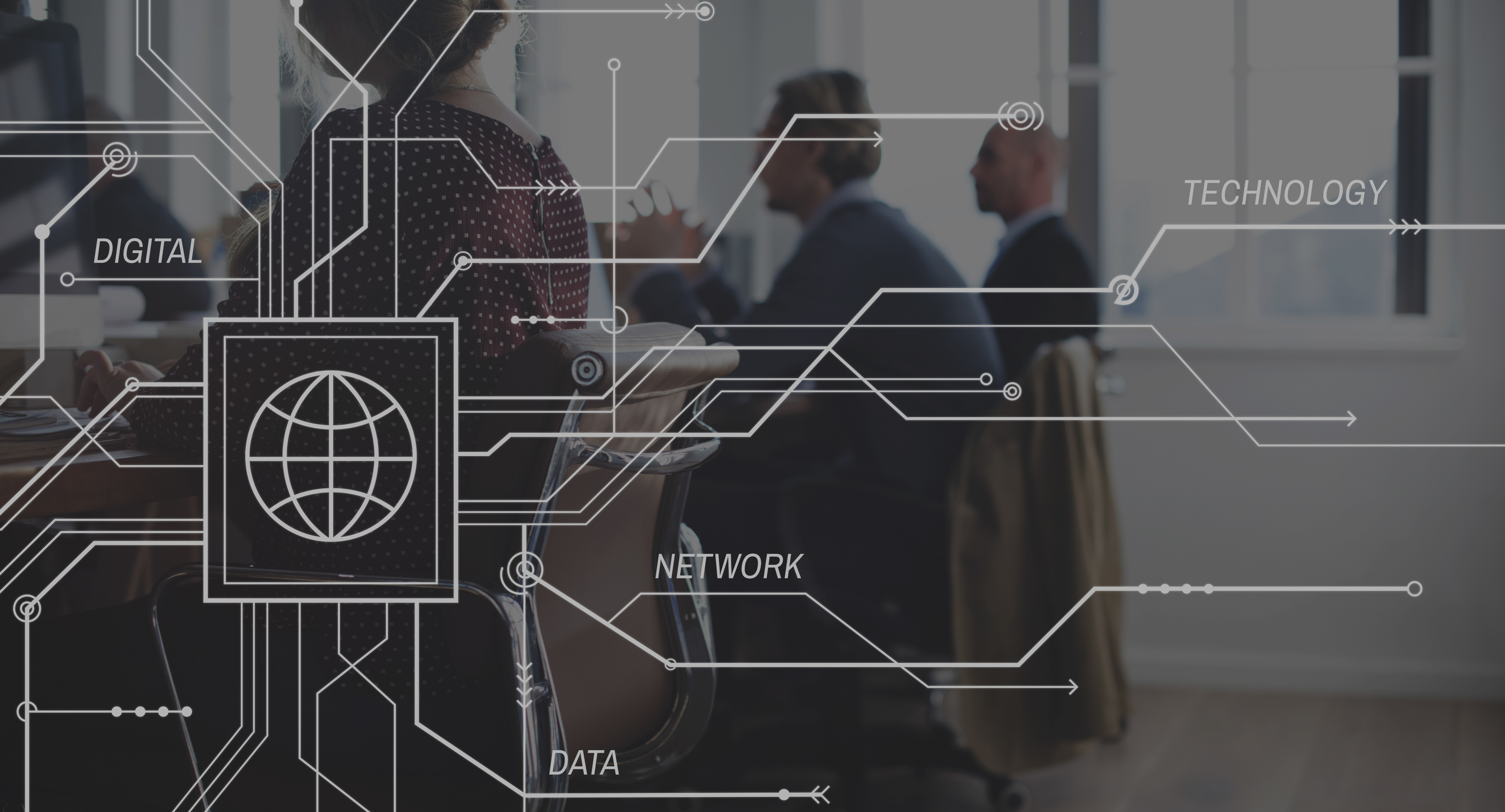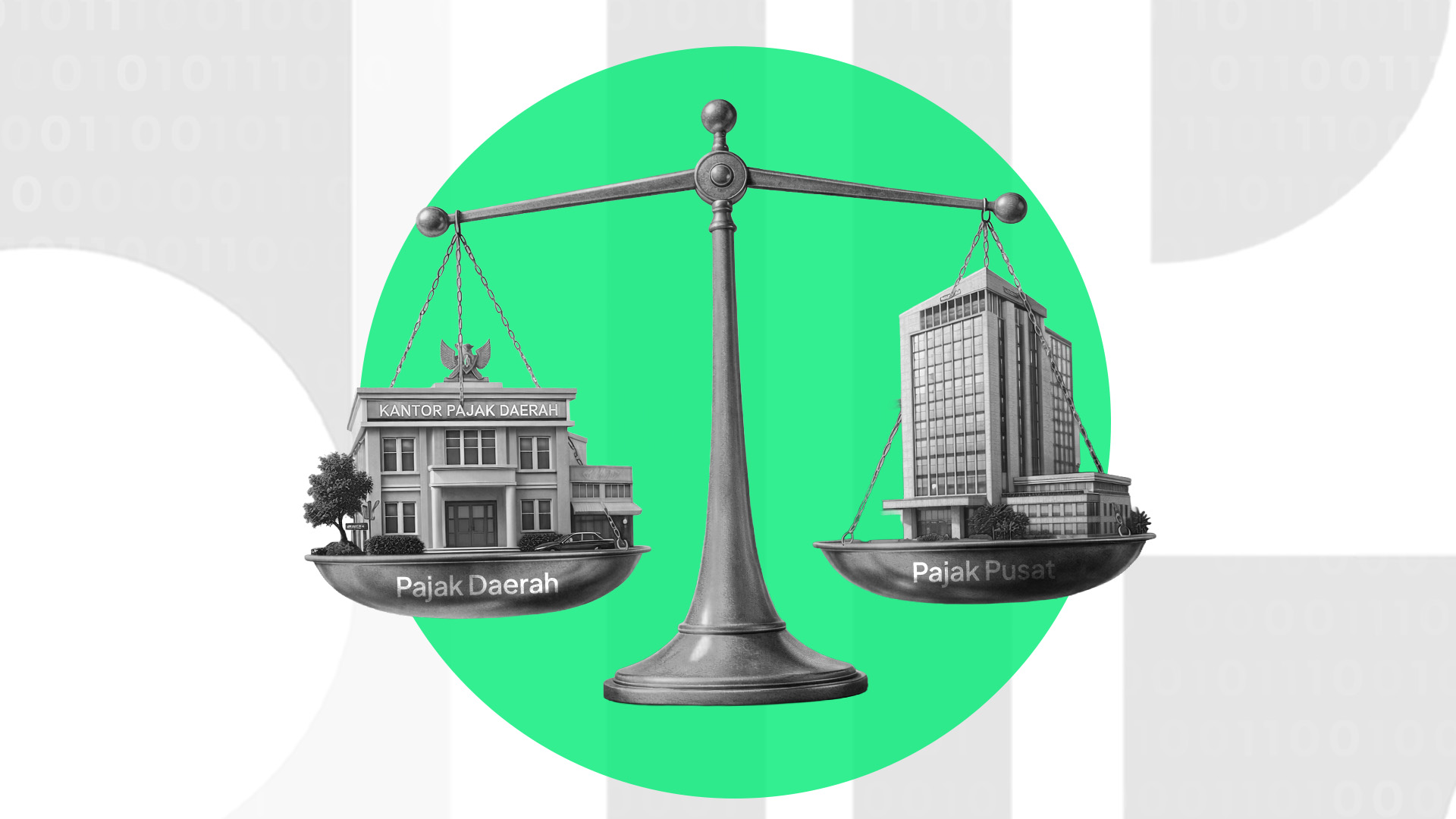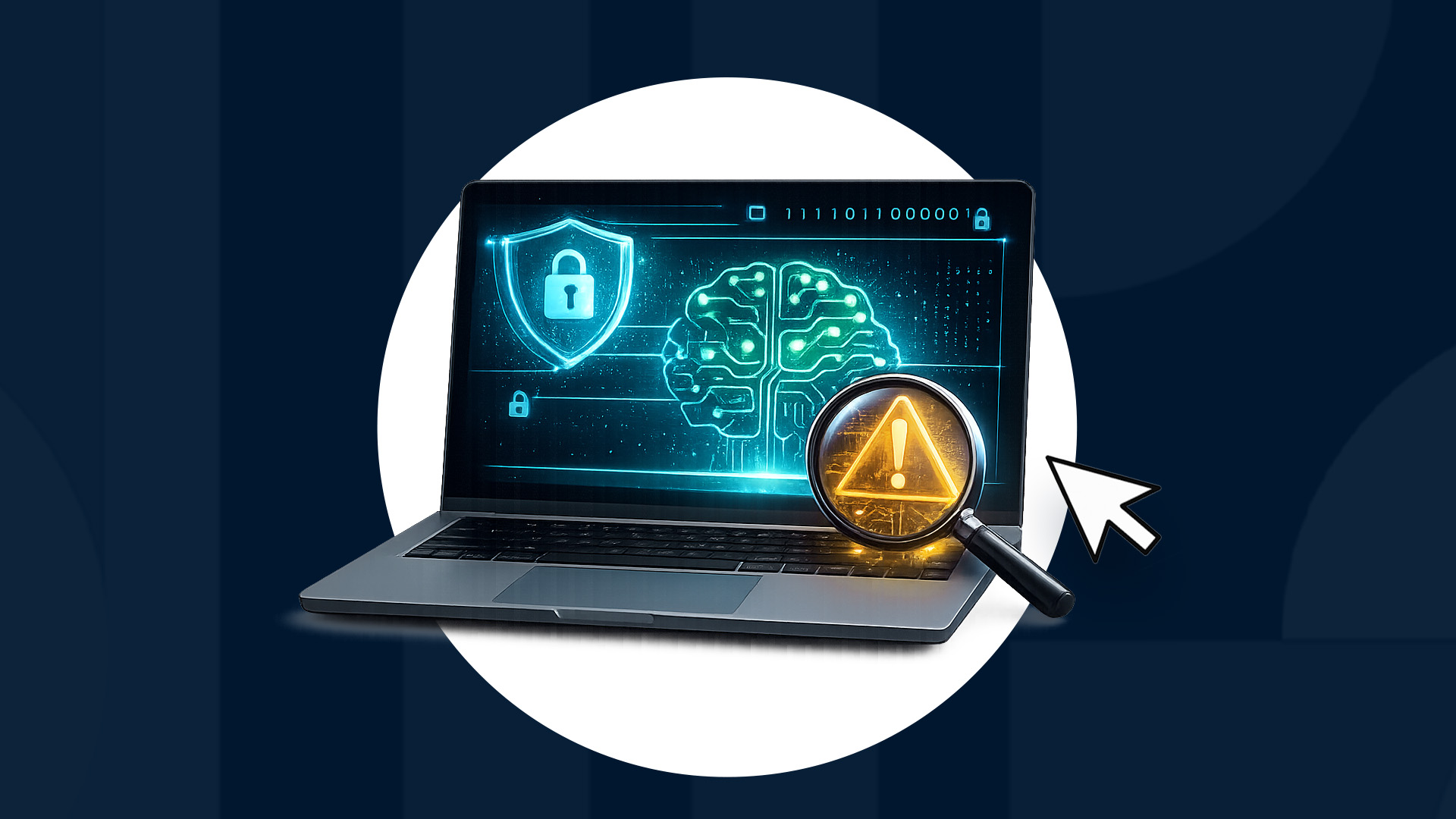The development of technology has influenced the use of digital technology. This technology has changed how we work, communicate, interact, and access information. Today, digital technology encompasses hardware and software used to manage and manipulate data electronically.
Types of Digital Technology
Digital technology comes in many forms because our world is now interconnected. All access to knowledge, information, and personal data can be accessed through digital technology. Here are the types of digital technology commonly used:
-
Computers and Hardware
The digital technology we use daily includes computers, laptops, tablets, smartphones, servers, and other hardware used to process and store digital data.
-
Networks and Communication
Our daily lives are inseparable from the internet. Digital technology, such as the internet, also includes computer networks, wireless networks, telecommunications infrastructure, communication protocols, and network devices that enable the transmission of digital information between devices.
-
Software
Another essential digital technology includes operating systems, software applications, development tools, data processing software, and other software used to manage digital data.
-
Online Services
Digital technology also includes the online services we use daily. This includes websites, social media, email, streaming services, e-commerce, and various other online platforms that facilitate the exchange of information, communication, and digital transactions.
-
Information Systems and Data Processing
This digital technology includes databases, database management systems, data analysis, information processing, and data processing techniques to organize, store, and analyze data efficiently.
-
Information Security
Don't forget information security in digital technology. This aspect includes network security, data encryption, privacy protection, cybersecurity, and efforts to protect digital data from threats and attacks.
-
Artificial Intelligence (AI) Technology
Digital technology also includes machine learning, language processing, voice/image recognition, robotics, and other AI technologies that enable computers and systems to learn, adapt, and make decisions based on data.
Examples of Digital Technology Applications
-
Internet
The internet is one of the inventions that changed the world. The internet facilitates the transmission of information and communication between devices spread worldwide.
-
Cloud Computing
Cloud computing is a monumental digital technology that has transformed digital storage. This technology enables the storage, management, and access of data and applications via the internet without relying on local hardware.
-
Internet of Things (IoT)
Digital technology, such as IoT, connects devices, sensors, and other physical objects to the internet, enabling them to communicate and share data.
-
Artificial Intelligence (AI)
AI allows computers and systems to learn, adapt, and make decisions based on available data.
-
Big Data
Big Data involves collecting, storing, and analyzing large-scale data to generate interconnected insights.
-
Virtual Reality (VR)
This digital technology often appears as goggles connected to a screen. VR creates interactive and immersive experiences in environments entirely simulated by computers.
-
Augmented Reality (AR)
AR combines digital elements with physical reality for an enhanced experience.
-
Blockchain
Blockchain is used to create and validate digital transaction records in a decentralized manner with a high level of security.
-
Social Media
Social media is also a form of digital technology used for interaction and information sharing.
-
E-commerce
You've likely used this digital technology frequently. E-commerce is a platform for electronic transactions conducted over the internet.
Advantages and Disadvantages of Digital Technology
Daily activities are closely tied to digital technology. However, like any other technology, digital technology has several advantages and disadvantages. Here’s an explanation.
Advantages of Digital Technology
-
Increased Efficiency and Productivity
Facilitates task automation, quick data processing, and easy storage.
-
Information Access
Allows easy and quick access to various information via the internet.
-
Real-Time Communication
Enables communication with people worldwide through email, video calls, instant messaging, and social media.
-
Easier Online Collaboration
Facilitates online team collaboration, document sharing, and easy communication.
-
Simplifies Digital Transactions
Makes it easier to purchase products and services online.
-
Entertainment
Provides access to various forms of entertainment, such as music streaming, movies, games, and creative platforms.
Disadvantages of Digital Technology
-
Overreliance
Can lead to an imbalance in life, addiction, and neglect of real social interactions.
-
Security and Privacy Risks
Such as cyberattacks, identity theft, and breaches of personal data.
-
Digital Divide
Not everyone has equal access to digital technology, especially in underdeveloped areas.
-
Information Overload
Difficult to choose and understand relevant and accurate information.
-
Environmental Impact
High energy consumption, electronic waste, and the impact of hardware production.
-
Distractions and Stress
Such as social anxiety, sleep disturbances, and fatigue from continuous screen exposure.
Digital technology plays a significant role in various aspects of life. Although it offers many advantages, such as increased efficiency and information access, it also has some drawbacks that need to be considered. It’s important to use digital technology wisely and responsibly to maximize its benefits and minimize its risks.

.png)

.jpeg)
